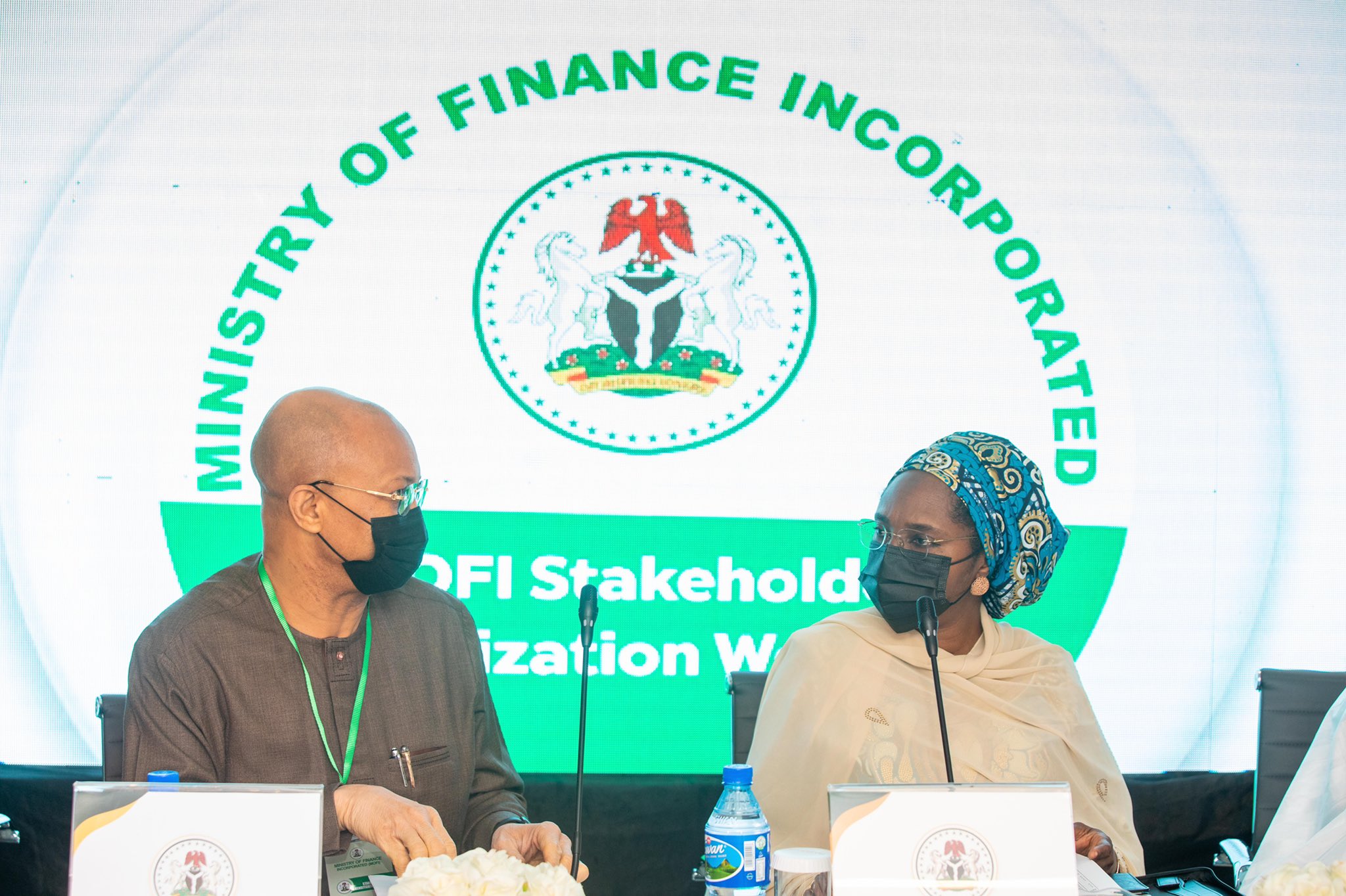Business
‘Nigeria’s Business Environment Improving’

Nigeria has over the last seven years, delivered over 180 reforms to enable its business environment thrive.
Vice President Yemi Osinbajo, gave this figure at the State House Banquet Hall in Abuja at a ceremony to honour stakeholders in the nation’ efforts to enhance the environment for business.
He said the Presidential Enabling Business Environment Council (PEBEC), which organised the event, also developed home-grown National Action Plans (NAPs) to implement priority reforms by select Ministries, Departments, and Agencies (MDAs) for each yearly reform cycle.
On the achievements of the Council, which he has chaired since its establishment in 2016, the Vice President said: “What we have seen over the last five years is a pointer to the possibilities for a new Nigeria.
“The private sector also deserves our heartfelt gratitude and commendation for its commitment and collaboration, especially their contributions in technical support and capacity building.
“They take much of the credit for the quality output of the EBES, especially through the first three years of the project.”
In conveying the appreciation of President Muhammadu Buhari to members of the Council and to every stakeholder who made the PEBEC success possible, he said, “But we must remember that success births success”.
Osinbajo was honoured at the event with “The PEBEC Catalyst Award”, a new category of award “reserved for the most impactful, dedicated and consistent supporter of the implementation of ease of doing business reforms”.
The Vice President was also credited with going “over and above the call of duty in the course of supporting the delivery of reforms for micro, small and medium-sized enterprises operating in Nigeria, making it an easier place to start and grow a business”.
On May 18, 2017, Prof. Osinbajo, then Acting President, signed Executive Order 001 (EO1) on Promotion of Transparency and Efficiency in the Business Environment, the first executive order of the Buhari administration, which gave directives on Transparency, Default Approval, One Government, Port Operations, and Registration of Businesses.
At the event, Gombe State was adjudged the best state in ease of doing business in Nigeria and presented with an award for the category by the Vice President, having emerged the highest score based on empirical data from micro, small and medium-sized enterprises (MSMEs) in the 2021 and 2023 sub-national ease of doing business. The award was received by Deputy Governor of Gombe State, Dr. Manassah Daniel Jatau.
Recently, in the Sub-national Ease of Doing Business Report for 2023, Gombe State won the highest points, leading the 36 states and the Federal Capital Territory.
Awards were also presented to some ministries, departments and agencies (MDAs), as well as private sector stakeholders who have made significant contributions to the ease of doing business interventions.
Welcoming guests to the ceremony, Dr. Jumoke Oduwole, the Secretary of PEBEC and Special Adviser to the President on Ease of Doing Business, said the PEBEC model draws on collaboration and much-needed high-level political buy-in across all arms and levels of government, as well as the private sector.
The Council is chaired by the Vice President, with the minister of Industry, Trade & and Investment as Vice Chair.
It consists of 13 key ministers, the Secretary to the Government of the Federation, the Head of Civil Service of the Federation and the Governor of the Central Bank of Nigeria, while PEBEC also has representations from the National Assembly and the Judiciary, as well as State Governments (Lagos and Kano), Local Governments (AMAC), and the private sector.
Among the important dignitaries at the event were the Secretary to the Government of the Federation (SGF), Mr. Boss Mustapha; ministers of Finance, Budget and National Planning (Zainab Ahmed); Trade, Industry and Investment (Niyi Adebayo); as well as heads and personnel of development finance institutions, including The World Bank, African Development Bank (AfDB), and Nigerian Export-Import Bank (NEXIM).

